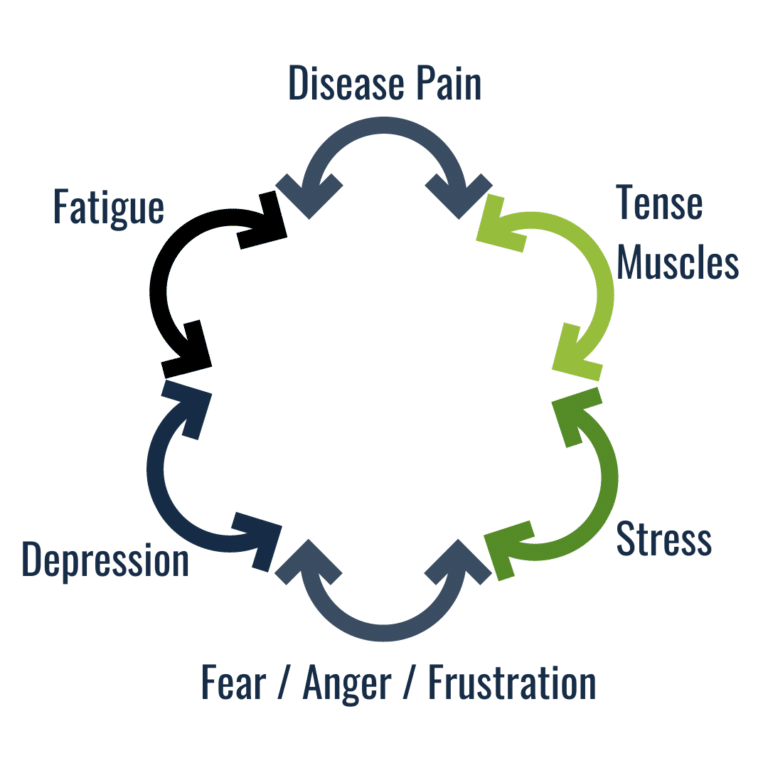We often hear people tell us that they have arthritis, so they know that “they’ll always have pain in a certain area”. Good news….this simply isn’t true.
Research has found no correlation between findings of arthritis on x-ray and pain symptoms. This means you can look like a 90-year-old on the inside and feel like a 20-year-old!
You don’t always have to be in pain. In fact, chiropractic care, physiotherapy, acupuncture and exercise are all recommended treatments for arthritis pain.
Our expert chiropractors and physiotherapists can help to determine what is causing your pain (there are many sources! Read below) and will recommend evidence-based treatments and exercises to help you feel better and to get you moving again.
Check out the below summary from The Arthritis Society that explains arthritis and pain:
WHERE DOES ARTHRITIS PAIN COME FROM?
While we continue to study the mechanisms of pain in the body, we know that most arthritis pain typically arises from one or more of these sources:
Inflammation – pressure on nerves in and around joints due to swelling Joint damage – damage to tissues in and around joints, nerves and/or surrounding tissues due to injury or prolonged inflammation
Pain sensitization – prolonged pain can lead the body to send pain signals to the brain, even in the absence of a specific ongoing pain source
Some of the factors that can contribute to your experience of arthritis pain – how it feels to you – include:
Physical activity – joint strain from either excessive or insufficient physical activity
Muscle tension – muscles may be tense because of stress, insufficient physical activity or poor posture
Fatigue – exhaustion from managing chronic pain, lack of mobility or poor sleep due to pain can erode coping skills
Anxiety and/or depression – stress and low mood can increase the perception of pain and decrease your capacity to cope
Too much focus on pain – strong body-mind connection means that focusing on your pain can increase pain sensitivity and reduce coping skills
Attitude and belief system – your outlook on life can directly impact the level of pain you experience, and your ability to cope with it
Social environment and support – people who feel the support and understanding of strong family and social networks feel less overwhelmed and better able to cope with their pain than people without that support.
THE PAIN CYCLE
Chronic pain may be affected by the following:
– Physical problems caused by injury, disease or surgery
– Tense muscles (which may actually be your body’s reaction to protect injured joints)
– Psychological stress
– Depression or other negative emotions and feelings
– Fatigue

Your experience of pain is influenced by the factors above – as they feed into one another, they can prolong and amplify your pain. If you are able to break the cycle by addressing even one or two of the factors, it is possible to achieve some significant relief from your pain.
Wondering if our expert therapists can help your arthritis pain? Feel free to call The Health Centre (905-628-1000) or book online today: https://thehealthcentredundas.janeapp.com

